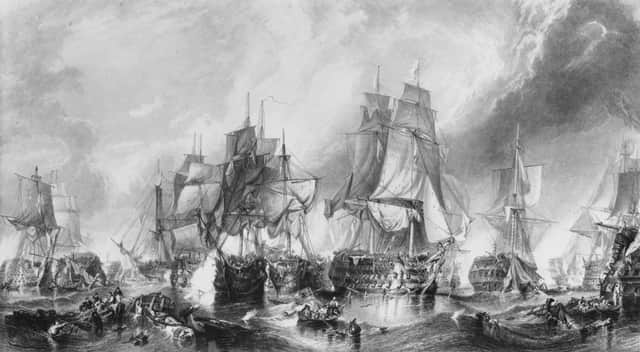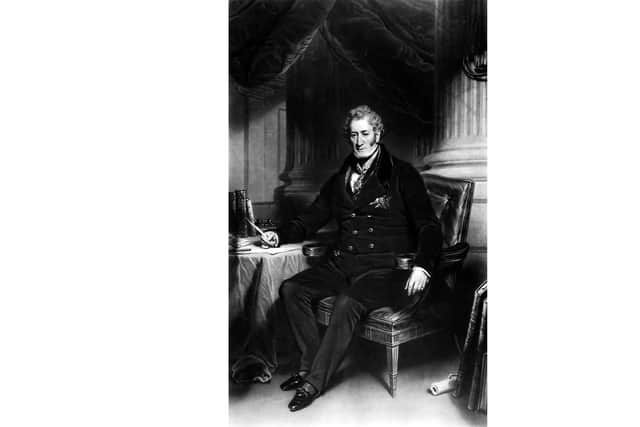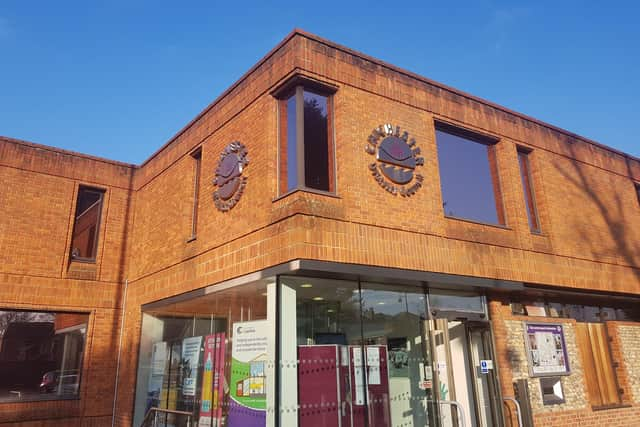Royal Navy surgeon hero who risked life fighting deadly epidemics in line for blue plaque honour in Chichester


Sir William Burnett, who was a former physician-general with the Senior Service during the mid-19th century, could have the honour fitted outside his old home.
The move has been revealed by Chichester District Council, which has submitted a planning application to fit the plaque on East Pallant House, in Chichester.
Advertisement
Hide AdAdvertisement
Hide AdNews of the accolade has been welcomed by a former head of the Royal Navy, who said it was ‘trailblazers’ like Sir William who paved the way for modern medics currently tackling pandemics like coronavirus.


Speaking to The News, Admiral Lord Alan West said: ‘He was a remarkable man and well deserves recognition.
‘He was one of a number of surgeons in the Royal Navy who did amazing things to tackle problems like epidemics, taking huge personal risks to improve the quality of medical care offered to our own sailors and prisoners.
‘He was a great example that's been carried forward in the National Health Service.
Advertisement
Hide AdAdvertisement
Hide Ad‘They were the trailblazers and Sir William was a classic example of that. He put himself at greater risk from these terrible epidemics that they didn’t really understand.


‘So it’s very timely, given what else is going on right now, that his efforts should be recognised.’
Born in 1779, Mr Burnett had an active career as a Royal Navy surgeon in the French Revolutionary and Napoleonic Wars – including service at the battle of St Vincent, the Nile and Trafalgar.
From 1822 to 1855, he was professional head of the Royal Naval Medical Department, where he provided ‘effective leadership at a time of great change’.
Advertisement
Hide AdAdvertisement
Hide AdAt work, he had a reputation of being a ‘hardworking, unimaginative and somewhat harsh man’, though his correspondence shows a ‘very humane centre’, according to the planning documents.


East Pallant House, which was formerly a large manor house with orchards and open land around it, is now used by Chichester District Council.
It is proposed that the plaque is mounted on the original frontage of the property.